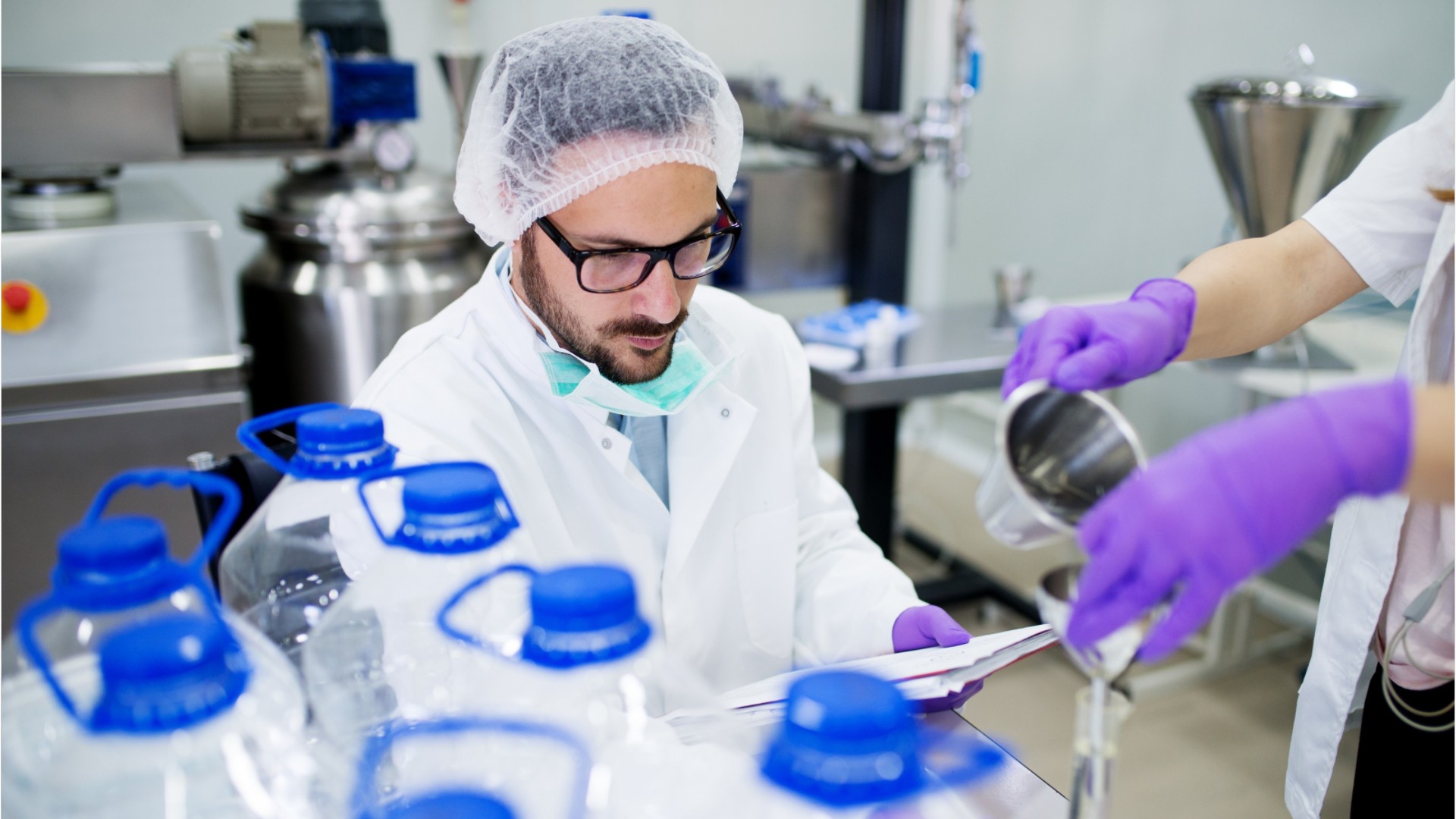Chemical Technicians
Chemical Technician, Laboratory Analyst (Lab Analyst), Laboratory Technician (Lab Tech), Quality Control Technician (QC Tech)
What they do:
Conduct chemical and physical laboratory tests to assist scientists in making qualitative and quantitative analyses of solids, liquids, and gaseous materials for research and development of new products or processes, quality control, maintenance of environmental standards, and other work involving experimental, theoretical, or practical application of chemistry and related sciences.
On the job, you would:
- Conduct chemical or physical laboratory tests to assist scientists in making qualitative or quantitative analyses of solids, liquids, or gaseous materials.
- Maintain, clean, or sterilize laboratory instruments or equipment.
- Monitor product quality to ensure compliance with standards and specifications.
Knowledge
Math and Science
- chemistry
- arithmetic, algebra, geometry, calculus, or statistics
Arts and Humanities
- English language
Engineering and Technology
- computers and electronics
Skills
Basic Skills
- using scientific rules and strategies to solve problems
- reading work related information
Problem Solving
- noticing a problem and figuring out the best way to solve it
People and Technology Systems
- measuring how well a system is working and how to improve it
- thinking about the pros and cons of different options and picking the best one
Abilities
Verbal
- read and understand what is written
- communicate by writing
Ideas and Logic
- make general rules or come up with answers from lots of detailed information
- notice when problems happen
Hand and Finger Use
- hold or move items with your hands
- keep your arm or hand steady
Math
- choose the right type of math to solve a problem
Personality
People interested in this work like activities that include ideas, thinking, and figuring things out.
They do well at jobs that need:
- Attention to Detail
- Integrity
- Dependability
- Analytical Thinking
- Initiative
- Adaptability/Flexibility
Technology
You might use software like this on the job:
Data base user interface and query software
- Oracle Database
- Structured query language SQL
Presentation software
- Microsoft PowerPoint
Object or component oriented development software
- Oracle Java
- R
Education
Education: (rated 3 of 5)
bachelor's degree or
high school diploma/GED
usually needed
high school diploma/GED
usually needed
Job Outlook
Bright
New job opportunities are very likely in the future.
Explore More
- Calibration Technologists & Technicians
- Histotechnologists
- Industrial Engineering Technologists & Technicians
- Nanotechnology Engineering Technologists & Technicians
- Quality Control Analysts
You might like a career in one of these industries:
See more details at O*NET OnLine about chemical technicians.






